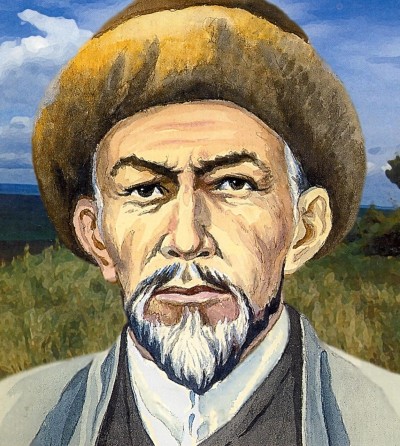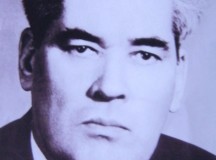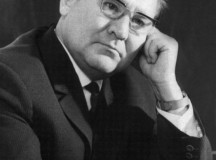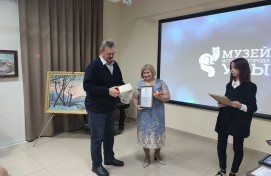Мифтахетдин Акмулла
Kind of activity: Bashkir poet-enlightener, prominent poet-philosopher, poet-thinker
Years of life: December, 14, 1831 – October, 8, 1895(63 years)
Creative biography: Miftakhetdin Kamaletdinovich Akmulla was born on December, 14, 1831 in the village Tukanbaevo of Orenburgskaya Gubernia, nowadays of Miyakinsky district of Republic of Bashkortostan. According to historical data it was established that Akhmulla’s native father – rural mullah –Kamaletdin Ishkuzya-uly, mother – Bibiummugulsum Salim’yan-kyzy/ The future poet got the education in his native village, studied in madrasse of the next villages – Meneuztamak and Anyasevo was a shakird (student) in a madrasse in Sterlibashevo, where he was given lessons by famous poet-sufi Shamsetdin Zaki. Wandering among the Bashkirs and Kazakhs, he taught children, took part in ayutysh – competitions of sesens and akynovs. He became famous for being a talented poet-improviser. He propagated the educational ideas: he affirmed eternal desire for knowledge, progress, and glorified intelligence, justice and humanism. Being the master of poetic satire, he derided ignorance of uneducated mullahs and exposed tyranny and injustice of authority. In 1867-1871 he was taken to prison. He was accused of evasion of Tsar Army service. Being in custody he continued to write poems and there he created one of his most famous poems «My place is in underground prison». Akmulla was the first after Salavat Ulaev, addressing his nation with the words «My Bashkirs!» His poem «Edifications» has become an essential achievement of the Bashkir national poetry and Bashkir public-philosophical ideas in the second half of the XIX century. He had made original poetic school and such Bashkir poets as Majit Gafuri, Sheikhzade Babitch, Saifi Kudash, Daut Ulty, Shafik Tamiani and others experienced its influence. Akmulla had played an important role in enrichment of Bashkir language and literature and his works also made great impression on development of Kazakh, Tatar and other Turk literatures.
His life had tragically broken on October 10 (22) 1895 near the railway station of Syrostan near Zlatoust. He was buried at Mozlem cemetery of Miass, Chelyabinsk region.














